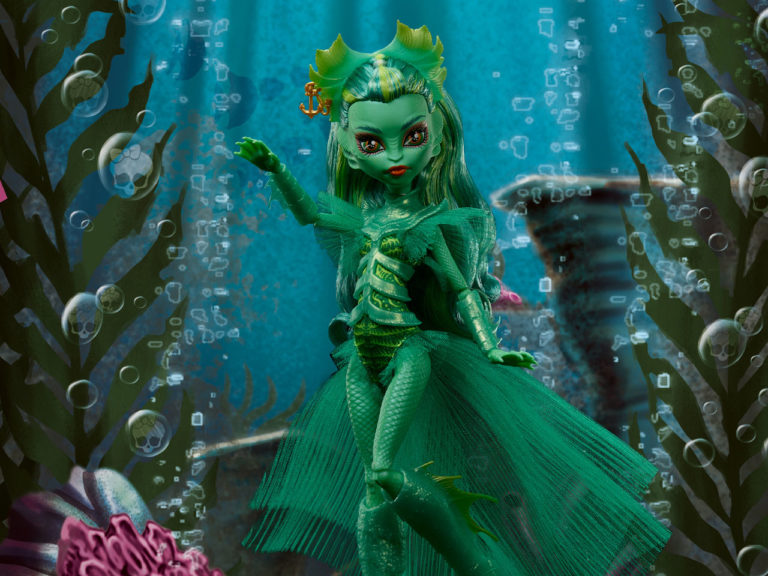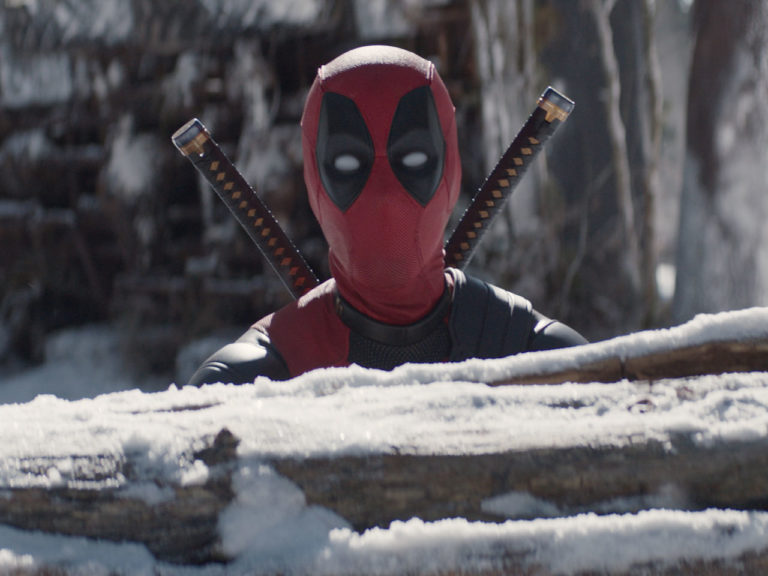
Okay. This was bound to happen sooner or later.
Justice League has managed to avoid my ire for three generally decent issues, but that wasn’t going to last forever. I would have liked it to last a little longer – but alas, issue #62 is the first of Bendis and Marquez’s run that I’ve genuinely not liked. If an indictment of Bendis’ latest work is all you’re here for, then you can stop reading here: the book isn’t very good, and I don’t think it’s worth the money as of right now.
The problem is, this isn’t just a Justice League book. Justice League Dark is also playing out in the story’s backups, and this is probably my favourite issue of Ram V and Xermanico’s so far. So, we are presented with a dilemma: is it worth paying the price of a comic book and its backup if you’re only enjoying the backup?
No. Absolutely not. But let’s pretend it’s a possibility for a moment and get on with the review.
Justice League: Prisms

Now, of course this issue isn’t all bad – in fact, there’s a lot to like in the earlier pages of the story! Brian Michael Bendis, like it or not, can be an incredibly funny guy – though when you throw so many jokes into your books, one or two of them are surely bound to land. Two in particular work for me: one a particularly self-depracating joke…

The other, an instance of assonance so stupid and carelessly shoehorned in that I couldn’t help but laugh at it. It’s ridiculous and takes you out of the scene – but Bendis was probably aiming for a laugh and he definitely got it, so credit where it’s due.

Not to mention, David Marquez continues to dominate on this book. With the series going bi-weekly again soon, we only have so long to enjoy him on every issue – but while he’s here, his work is an absolute treat. While the action is decent as usual, I think his best work is in the smaller scenes with Aquaman and Flash, where he’s able to expertly depict conversational nuances like the subtle changes of a character’s facial expression. I think a great example of how he elevates Bendis’ script is when Flash speaks with Hippolyta, and the two discuss how the Amazon feels about her place in the world. As she speaks, she’s looking at a statue of Wonder Woman, the stone looming over her and making the reader feel as if she’s in the shadow of her own daughter. It’s a really cool dichotomy, and I like that level of visual storytelling that isn’t necessarily spoken.

That being said, I don’t know if I like how Hippolyta is written here – and that carries over to most every character in this book. Now, I’m not exactly a Hippolyta stan, so I can’t say this is out of character: but Hippolyta, one of the oldest women in the world, not understanding the world she’s in? That doesn’t sit right with me. Maybe it’s only because I just read her being involved in the world’s affairs in Endless Winter, but I don’t see what event has instigated this identity crisis of hers. Of course, she does have the excuse of just having stepped into her daughter’s shoes as Wonder Woman, but that excuse doesn’t carry over to the rest of the cast.
Wally West’s Flash is characterized very well, but I still feel that he’s walking a strange line between Barry Allen and Wally West that I don’t particularly like (is Wally a scientist? Genuinely curious, because I looked it up and could find nothing). Hawkgirl, Black Canary and Green Arrow do pretty well for themselves too – but they’re not one of the main characters of this book. Black Adam, however, is. I’d like you to keep this in mind when you look at the following exchange between him and Superman.


Do you believe that’s Black Adam when he says “a very angry sea king riding a war machine”? Do you honestly feel that Black Adam, famous villain/anti-hero and ruler of Kahndaq, can get away with saying that without completely destroying your sense of immersion? Because to me, dialogue like that takes me out of the story far more than whatever the fuck Aquaman is doing. Obviously, I’m all for books that involve Aquaman driving a giant tank (if we saw how he got it, which we didn’t, aside from a throway line in the penultimate page).
People who have read Bendis’ books know that “Bendis” dialogue is very common, and I’ve already talked about it in several previous issues. This issue, though, is the first where I feel it genuinely disrupts the story – one that already doesn’t have much going for it other than an uninspired fight that’s resolved off-panel. This is relatively early in the new Justice League run, too! It doesn’t give me confidence in the grasp this book has on its characters, and I hope the next issue manages to grab my attention again, lest it loses what little momentum the story still has.
Score: 5/10
Justice League Dark: The Trouble With Books

What’s particularly frustrating about this review is that I really, really liked this issue of Justice League Dark! Everything about it manages to get me excited, which is particularly impressive for a book that doesn’t have many characters I’m very attached to. Merlin, who I’ve never read in a DC book before this one, keeps having amazing villain moments that show how intimidating and dangerous of an antagonist he is. You can see one of his best moments so far in the title of this comic! Meanwhile Ragman, who I know little to nothing of, gets one of my favourite metatextual moments in a comic for some time, and for a moment I thought I was reading a Vertigo book rather than a mainline DC one.

Talking about how good Xermanico is almost feels redundant at this point, but I’m going to anyway – today, I want to once again draw attention to his phenomenal border work. Here, it’s more relevant than ever, with the library books surrounding the characters really making the reader feel like they’re as lost in this labyrinthine realm of books as the characters are. In addition, Xermanico adds a few profile shots of the main characters within the borders, and I just think that’s super neat.

There’s so much I could talk about, so many characters who have great little moments: the Man of the Book, Zatanna, Jason Blood, Constantine and Detective Chimp too, in addition to everyone I already mentioned. Fitting all of that into ten pages is a very impressive feat, so much so that I’m willing to forgive an ending that I don’t really vibe with.

I mean really, Ancient Atlantis? Is it necessary to have a secret Atlantis that’s even older than the other secret Atlantis? Was the other one was too new-wave for you?
(I’m not apologizing for the wave pun.)
But what does any of this matter? As good as this book is – and it really is quite good – it’s ten extra pages on top of a book I really wasn’t feeling this week. I’d much prefer if this comic was digital-first, if it meant I didn’t have to buy both of these books to get the story I actually want to read. It’s a combination that really diminishes the work of V and Xermanico, who I feel are the stronger creative team in the comic. You can tell by the fact that I’m giving this chapter the following score.
Score: 8/10
Recommended If:
- Justice League Dark has been on your pull list, and you’re not willing to take it off – no matter the price.
- You appreciate seeing Hippolyta taking the spotlight in recent DC comics.
- You’re looking for a fun team book with a cool premise and refreshing execution… and Justice League, which is okay too.
Overall
The thing is, I don’t even have a problem with backup books. Growing up, one of my favourite books to read was Streets of Gotham! That had both a strong main story and a really cool Manhunter backup, both of which eventually collided and crossed over with one another. That’s the same formula for this book – but I like it a lot less when the backup outshines the main comic, and we’re forking out more and more money to read a book that shouldn’t be sidelined to the final pages of Justice League.
Score: 5.5/10
——————
Disclaimer: DC Comics provided Batman News with a copy of this comic for the purpose of this review.
Author’s Twitter: @ObnoxiousFinch


